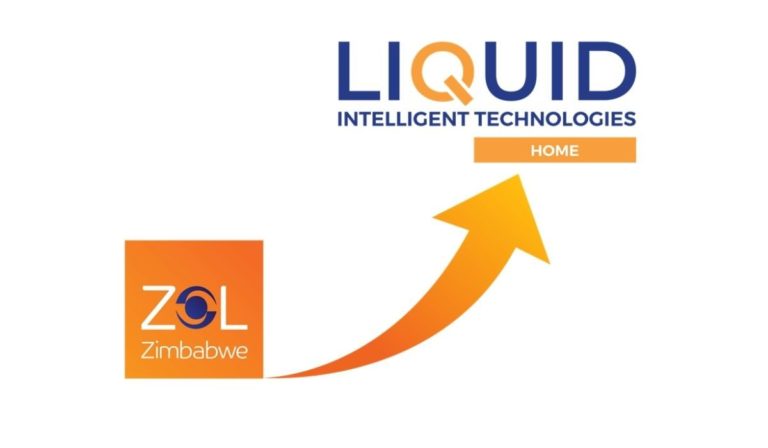Egyptian Startup Pylon Receives $19M to Enhance Software for Water and Electricity Distribution

Pylon, an Egyptian infrastructure management business for emerging market water and energy utilities, has raised a $19 million seed round to advance water and electricity software.
Endure Capital of the United States led the round, which was a mix of debt and equity, and was backed by British International Investment (previously CDC Group), the UK government’s development finance organization. Cathexis Ventures, Loftyinc Ventures, Khawarizmi Ventures, and many undisclosed angel investors are among the participants.
This is the company’s first venture round of funding. Pylon has been bootstrapped since 2017, according to CEO Ahmed Ashour and CTO Omar Radi.
“We believe that the electricity sector is following the footsteps of the telecom industry and the curve is starting to show. So we just mirrored the billing solution, and with the data detection, we can detect who exactly is stealing electricity and where the losses are happening,” said the CEO.
Pylon aims to address several issues that water and distribution businesses face. Because they have a high proportion of uncollected bills, they lose out on a lot of money. Second, they pay a lot of money for energy and have to deal with water theft. Third, technical failures occur on the grid and network, whether because of a lack of maintenance or because of law enforcement. These three challenges combine to cause these businesses to lose 40% of their revenue, as well as prevent them from upgrading their solution or putting in place a smart infrastructure because of expensive expenses.
The company creates solutions for these water and electricity distribution corporations in order to make them more efficient and stop the bleeding – the company estimates that emerging markets lose hundreds of billions of dollars each year. It’s a huge potential to boost those utilities’ total revenues and top line by 50%. The company gathers data from the grids, analyzes it, and detects theft and losses along the supply chain using the software. It then automates the companies’ invoicing processes, much like telecom providers in these markets have done in the past.
Pylon’s revenues increased by 3.5 times in 2021, and the company claims to be profitable. Apart from developing a successful company, the founders are concerned about how Pylon’s smart electrical networks contribute to environmental sustainability.







